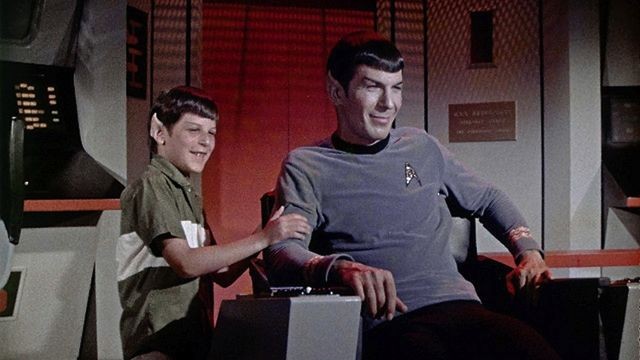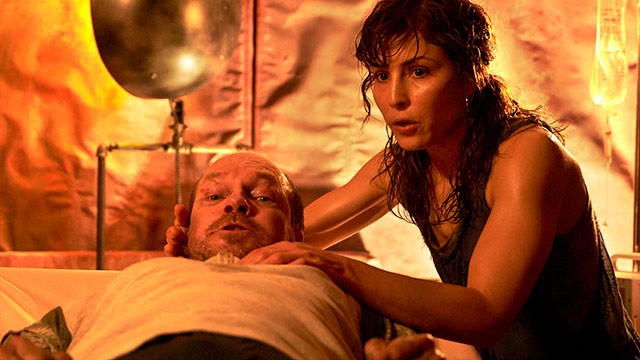Ain't It Cool News (www.aintitcool.com)
Review
FANTASIA 2016: Capone reviews the moving doc FOR THE LOVE OF SPOCK and the abduction thriller RUPTURE!!!
Hey everyone. Capone in Montreal here, once again covering a few days in the life of this year’s Fantasia International Film Festival, unquestionably the finest genre festival on this half of the globe. The event goes on for three weeks, and believe me, if I could be here the entire time, I would be. The offerings every year are tremendous and represent the best genre works from all over the world. I’ll be here for five days’ worth of screenings, so let’s jump in with a couple of titles. Enjoy…
Readers Talkback



